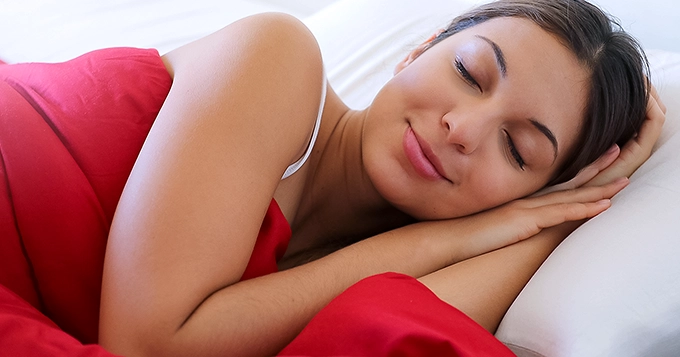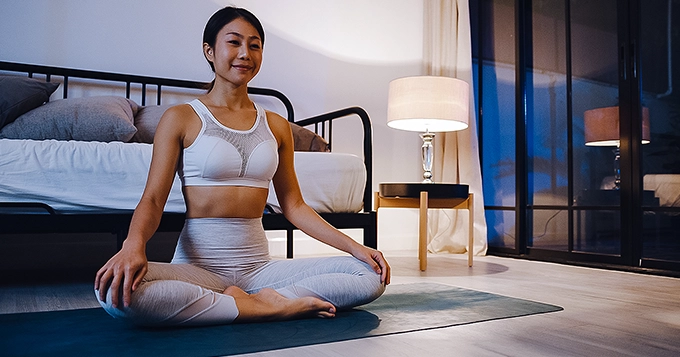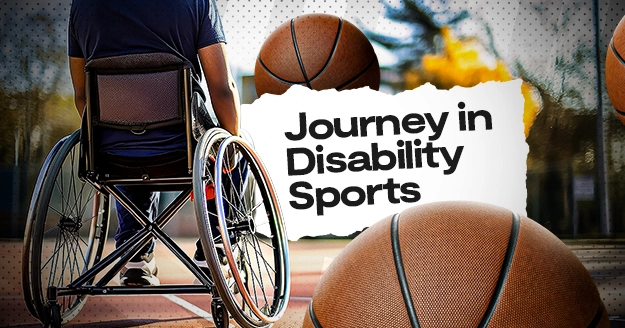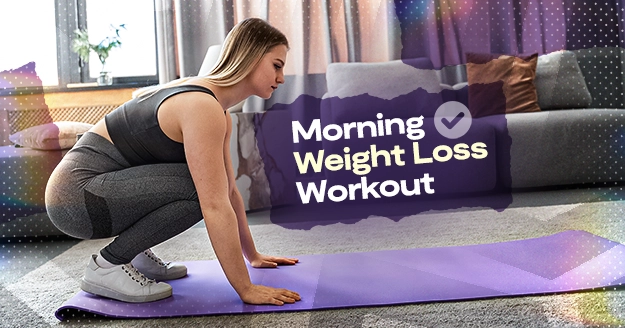As an athlete, you may constantly strive to optimize your performance on the field, track, or court. You focus on training regimes, nutrition plans, and recovery strategies, but there’s one crucial element that often gets overlooked: athlete sleep. Quality sleep is needed for peak athletic performance, yet many athletes underestimate its importance.
In this guide, we’ll explore how prioritizing sleep can enhance your performance and provide practical tips for achieving better sleep.
Why is Sleep so Important for Athletes
- Accuracy and Reaction Times
One study found that increased athlete sleeping duration among college men’s basketball players enhanced their free throw and 3-point accuracy by 9%, along with improving sprint speed and reaction times.
Similarly, research involving college women’s tennis players revealed that extended sleep duration correlated with improved match scores and serving accuracy, increasing from 36% to 42%.
In addition, another study demonstrated a 17% enhancement in reaction times off the start block for swimmers as a result of increased sleep.
- Endurance
Insufficient sleep and recovery for athletes can leave them feeling fatigued prematurely and heighten their perception of exertion during performance.
Conversely, adequate sleep enhances glucose metabolism, resulting in heightened energy levels and improved mood.
- Injury Risk and Recovery
Getting nine to 10 hours of uninterrupted sleep is crucial for muscle memory. Without sufficient rest, the sport-specific muscle techniques that athletes diligently train for may not be retained as effectively.
Moreover, increased sleep duration correlates with improved reaction times, coordination, and split-second decision-making abilities.
- Motor Memory and Cognitive Function
Deep sleep plays a vital role in the secretion of human growth hormone, which is crucial for tissue repair, muscle development, and bone growth.
Additionally, adequate sleep helps reduce levels of cortisol, known as the “stress hormone,” which can tax an athlete’s body. This reduction leads to fewer instances of illness and promotes faster recovery.
- Overall Performance
Quality sleep holds paramount importance, even for professionals. A sleep study conducted among Major League Baseball players revealed significantly improved strike zone judgment among well-rested players.
Similarly, another study assessed players’ sleepiness and discovered that, after three years, 72% of well-rested players remained in the league, while only 14% of sleep-deprived players continued their professional careers.
Moreover, research indicates that sleep deprivation can diminish athletic performance, reducing time to exhaustion by approximately 10% (equivalent to around 37 seconds), as demonstrated in elite cyclists. While this study focused on elite athletes, the impact on teenagers could potentially be even more pronounced.
How to Improve an Athlete’s Sleep
-
Establishing a Consistent Sleep Schedule
Maintain a consistent sleep and wake schedule, adhering to it even on weekends, especially before competitions. Irregular sleep patterns disrupt the circadian rhythm and melatonin levels, essential for signaling the brain to sleep.
Once a routine is established, falling asleep at night becomes quicker and easier. Consistency in sleep scheduling reduces fatigue and aids the body in sync with its crucial physiological patterns. Maintaining a nightly routine in the hour before bedtime reinforces signals to your body that it’s time for bed.
-
Creating an Ideal Sleep Environment
An athlete sleep environment plays a significant role in the quality of your rest.
Creating a cool, quiet, and dark environment in the bedroom is conducive to better sleep quality. External disturbances like noise, light, and temperature can disrupt sleep hygiene.
Athletes should minimize their exposure to electronic devices before bedtime, as the blue light emitted can disrupt their sleep-wake cycle. Use blackout curtains or a white noise machine to block distractions and promote uninterrupted sleep.
Minimizing noise and artificial light transforms the bedroom into a serene space conducive to deep sleep. Additionally, maintaining a stable room temperature, ideally around 18°C, supports uninterrupted sleep and prevents disturbances. While individual preferences and seasonal variations may influence room temperature, aiming for this recommended range can promote optimal sleep conditions.
-
Incorporating Relaxation Techniques
Your body will become more sleep-ready and your mind will become calmer if you incorporate relaxation techniques into your nightly regimen. To encourage relaxation and lower stress levels, try progressive muscle relaxation, deep breathing techniques, or meditation. Decide what works best for you and incorporate it into your nightly routine before bed.
-
Increase bright light exposure during the day
Did you know your body operates on a natural internal clock called the circadian rhythm? Exposure to sunlight during the day signals to your body that it’s daytime, promoting wakefulness and reducing the likelihood of sleep.
Research indicates that two hours of bright light exposure during the day can enhance both the duration and quality of sleep, while also helping to regulate the circadian rhythm for optimal performance, particularly during evening activities. Whenever you can, conducting training sessions outdoors during daylight hours can effectively synchronize athletes’ circadian rhythms, contributing to overall well-being and performance.
-
Investing in Bedroom Equipment
Invest in comfortable pillows and a mattress that supports your body’s needs.
The quality of your bed also significantly impacts sleep, particularly for athletes who often experience muscle aches and soreness from training. High-quality mattresses have been shown to reduce muscle pain, joint stiffness, and improve overall sleep quality by more than 60%.
To maintain optimal sleep conditions, consider replacing your mattress every 5-8 years. Additionally, investing in eyeshades or blackout curtains can effectively block out excess light, promoting deeper sleep. In the morning, promptly opening curtains allows natural light to enter the room, signaling to the body that it’s time to wake up.
-
Napping
Strategic napping can offer significant benefits for athletes, especially those with early morning training sessions, helping to mitigate the adverse effects of poor sleep hygiene. When timed appropriately, naps can enhance athletic performance efficiency. Research indicates that a 30-minute nap can notably improve sprint performance, which is particularly beneficial for athletes who have had only four hours of sleep the previous night.
Naps can effectively reduce sleepiness and prove advantageous before skill- and tactic-intensive training sessions. However, avoiding napping too close to bedtime or exceeding the 30-minute duration is essential, as this may disrupt regular nighttime sleep patterns.
-
Optimizing Nutrition and Hydration
What you consume (foods and drinks) can impact your sleep quality. Avoid caffeine, heavy meals, and alcohol close to bedtime.
Why?
Because these can interfere with your ability to sleep . Instead, opt for light, nutrient-rich snacks that won’t disrupt your digestion. Stay hydrated throughout the day, but be mindful of reducing fluid intake in the hours leading up to bedtime to prevent disruptive nighttime awakenings.
-
Seeking Professional Help if Needed
If having a good quality sleep is still a struggle despite implementing these strategies, don’t hesitate to seek professional help. Consult a sleep specialist or healthcare provider who can assess your sleep patterns and provide personalized recommendations or interventions to address any underlying issues.
By prioritizing quality sleep as an essential component of your training routine, you can unlock peak performance on and off the field. Start implementing these tips today to experience the profound benefits of better sleep for enhanced athletic performance and overall well-being. Remember, a well-rested athlete is a formidable athlete.
Is sleeping a sport?
On a side note, there’s actually a “sport” called competitive sleeping.
The concept is straightforward: participants aim to maintain sleep for as long as possible, with the ultimate goal of being the last one awake. This emerging activity has garnered significant interest, evidenced by the establishment of events such as the World Sleeping Championship. While regulations may differ between competitions, some assess participants based on their sleeping posture.









